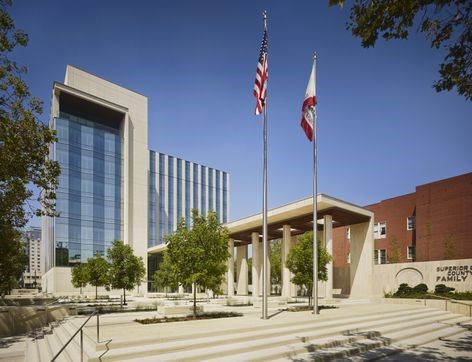City of San Jose v. Superior Court (Ted Smith)
Releasing Private Text/Phone Records of Government Employees
City of San Jose v. Superior Court (Ted Smith)
Opinion Summary
Petitioner requested disclosure of thirty-two categories of public records from the City of San Jose, its redevelopment agency and executive director, and other elected officials and their staffs, seeking documents concerning redevelopment efforts in downtown San Jose. Included in the request was emails and text messages sent or received on private electronic devices used by the mayor, two city council members, and their staffs. The City disclosed certain communications but did not disclose communications made suing the individuals’ personal accounts. Petitioner sued for declaratory relief under the California Public Records Act (CPRA), arguing that messages communicated through personal accounts are public records. The trial court granted summary judgment for Petitioner and ordered disclosure. The Court of Appeal, however, issued a writ of mandate. The Supreme Court reversed, holding that a city employee’s writings about public business are not excluded from CPRA simply because they have been sent, received, or stored in a personal account. Remanded.
Opinion
H039498
05-17-2017
CITY OF SAN JOSE, et al., Petitioners, v. THE SUPERIOR COURT OF SANTA CLARA COUNTY, Respondent; TED SMITH, Real Party in Interest.
In this proceeding the City of San Jose (City), the City’s mayor, and members of its city council seek a writ of mandate or prohibition overturning an order that denied their summary judgment motion and granted that of real party Ted Smith, plaintiff in the underlying action. The summary judgment ruling granted declaratory relief to Smith, who had asserted the right to inspect specified written communications (including e-mail and text messages) sent or received by public officials and employees on their private electronic devices using their private accounts. The issue presented is whether those private communications, which are not stored on City servers and are not directly accessible by the City, are nonetheless “public records” within the meaning of the California Public Records Act (CPRA or the Act) (Gov. Code, § 6250 et seq.).
Also named in Smith’s complaint were the San Jose Redevelopment Agency and Harry Mavrogenes, the agency’s executive director. The Redevelopment Agency, however, was later dissolved and succeeded by the City itself.
This court originally concluded that the Act does not require public access to communications between public officials using exclusively private cell phones or e-mail accounts. Our Supreme Court reversed, holding that a broad construction of the Act is required in light of the purpose underlying its enactment and “our constitutional mandate to interpret the Act broadly in favor of public access. (Cal. Const., art. I, § 3, subd. (b)(2).)” (City of San Jose v. Superior Court (2017) 2 Cal.5th 608, 629.) The high court thus concluded that “a city employee’s writings about public business are not excluded from CPRA simply because they have been sent, received, or stored in a personal account.” (Ibid.) The matter was then remanded to this court “for further proceedings” consistent with the Supreme Court’s opinion.
The City’s petition is therefore denied. The temporary stay order is vacated. Costs are awarded to Smith.
/s/_________
ELIA, J. WE CONCUR: /s/_________
RUSHING, P. J. /s/_________
PREMO, J.

